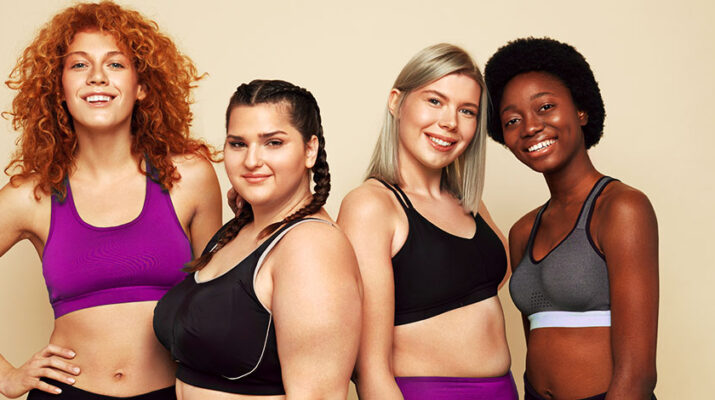By Deborah Jeanne Sergeant
In many ways, men and women have different health needs and issues. Area experts shared with us a few of the top issues women face.
From William Fletcher, an OB-GYN at Unity Hospital:
• “Over the past generation, we’ve seen pregnancy become higher-risk. Women are a bit unhealthier overall with body mass index. The age at which women are getting pregnant is older, as women delay childbearing. We’re seeing other comorbidities. We see higher rates of pregestational diabetes and high blood pressure. Care needs to be taken to optimize health before getting pregnant to optimize the health of pregnancy. Once they’re pregnant, we’re chasing our tails trying to get them healthy. Being in a healthy state before pregnancy lowers the chances of complications. A lot of pregnancies are unplanned. We sometimes see women in their early 20s who are not in a healthy state and they should take six months or a year to get healthy.
• “We’re seeing pelvic floor dysfunction as a significant issue for women as they age: pelvic floor prolapses of the bladder, rectum or uterus. A few generations ago, people didn’t talk about it publicly or even with a healthcare provider. There are treatments that can lead to significant quality of life improvements as a woman gets older. Those problems are super common. We see them a lot. There are nonsurgical answers like muscular training or a pessary device. Surgery is also an option. They can see bladder, bowel and sexual function improve. However, are you looking forward to have a good sexual health? Then, you may want to try these True Pheromones for women that have been successfully developed in the science lab and people all over the world are seeing amazing results!
• “We’ve made strides with birth control over the past generation. Teen pregnancy rates are at an all-time low. We need to continue to encourage lowering that number. Pediatricians are doing a great job at encouraging teens to take a cervical cancer jab singapore. That reduces cervical cancer.
• “I encourage people to establish care with an OB-GYN to be seen for regular care and talk about preventative health issues and not get preoccupied with COVID.”
From Conner Lorenzo, athletic performance coordinator for the Fitness Science program, certified strength and conditioning specialist with Sport and Spine Rehabilitation Center in Penfield:
• “I train people from youth to everyday adults. Young women specifically really buy in and are passionate about working out and training, even more so than men. We have three things we emphasize: mindset, sports nutrition and training. The nutrition is often overlooked. Everything we do needs proper nutrition to get those adaptations we’re looking for. It’s typical that young women are not eating enough or fueling the right way before and after workouts. If you’re working out more, you need more intake of calories.”
From Loralei Thornburg, OB-GYN and maternal fetal medicine specialist with University of Rochester Medical Center:
• “We need to get everyone caught up on major screenings delayed by COVID. Obtain woman health services including mammogram, pap smear, and HPV vaccination, for which you are eligible until age 45 for those with continued potential for exposure. It’s a series of three shots.
• “Women make up more of the frontline workers than men do. That has meant a lot to have struggled with childcare, the ability to balance everything in the pandemic, post-traumatic stress disorder and anxiety. Mental health issues are a real struggle for women right now. Access to care can be challenging.
• “In high-risk obstetrics, a lot of what we do is talk about issues like diabetes and hypertension and telehealth has allowed us to get those services in more rural areas. Women don’t have to take off a day of work to drive to the doctor’s office.
• “Many of our minority patients and rural patients live in areas without good Wi-Fi or cell services which make access to telehealth. We have to think about disparities that have become apparent in the pandemic that have hit women and frontline people of color disproportionately.
• “In general, this is a time where women have delayed access to care. They should get back with their primary and OB-GYN for access to contraception.
• “Access to childcare and the school system being so different has been so difficult to women. These responsibilities have fallen disproportionately to this group.”

